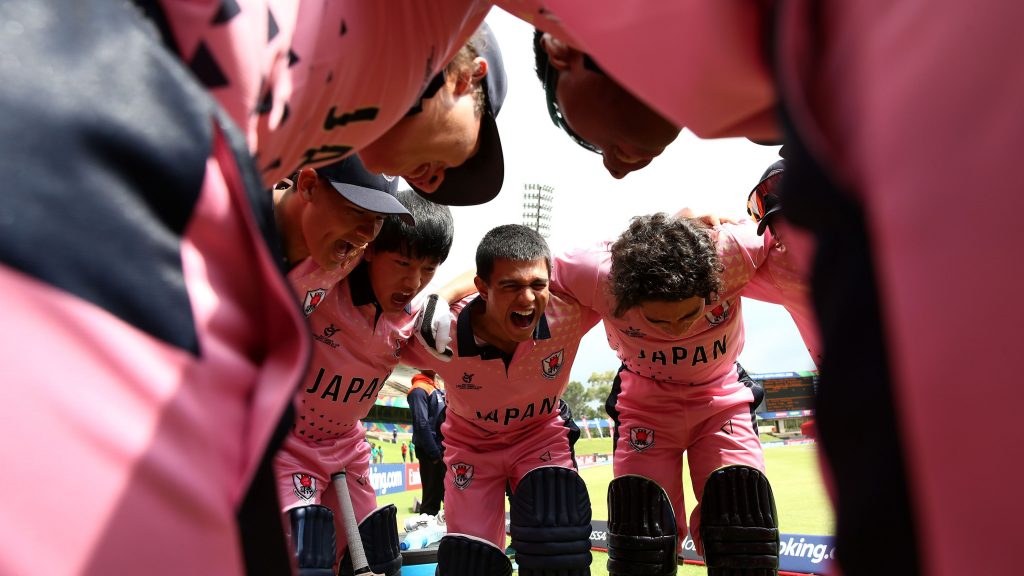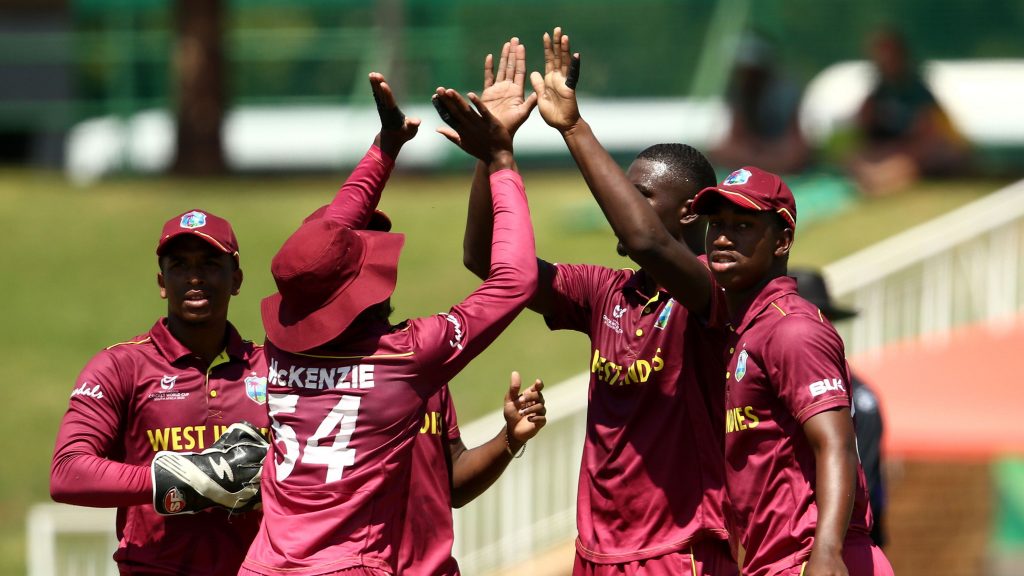The conversation about cricket entering the Olympics is optimistic at best, overdone and jaded at worst. However, the past Olympic cycle has seen a notable surge in optimism not just throughout journalistic circles, but in administrative bodies about the possibility of cricket making a return to the hallmark event.
Yes, a return.
Only one Olympic cricket match has ever been played – fittingly between France and Great Britain at the 1900 edition of the games. A two-day match that didn’t constitute First-Class status, and had a French squad consisting mainly of British expatriates, the UK edged out the French by taking the final wicket with five minutes left in the day, snatching the Gold Medal from the jaws of a draw in an ultimately thrilling affair.
There have since been stirrings of resurrecting the format. Few know of the South African Gold Medal campaign at the 1998 Commonwealth games, and the return of cricket in the women’s competition for the 2022 Commonwealth games, a huge moment for the sport.
However, the two biggest obstacles to Olympic inclusion have been the English board’s concern of interference with their playing schedule, and more significantly, the Indian administration’s (BCCI) unwillingness to allow the International Olympic Committee-backed National Anti-Doping Agency and World Anti-Doping Agency (NADA and WADA) to interfere with their own programme.
However, the winds of change have picked up, with a notable softening from the BCCI towards working with the IOC on the issue of doping.
“One of the problems has been negated, where the BCCI is now working with NADA, the drugs agency, which it wasn’t previously a part of,” said Mike Gatting, now working on the MCC Committee.
“That will help a long way towards the sport being whole, which is what we need it to be to apply for the Olympics, both men and women to play and all countries to comply.”

The MCC has also backed down on their own worries around scheduling, noting that the two-week length of the games would fit comfortably into the international calendar. Add into that the huge commercial windfall that would land with the engagement of over 1.6 billion people on the sub-continent should cricket be included at future events, and fans can have every reason to believe that Los Angeles 2028 might see cricket played on the Olympic stage again – and that’s huge news for the emerging cricket world.
For starters, it provides China, the world’s biggest country, an incentive to jump on board.
According to the NY Times, over $15 million USD per year has been invested into rugby and rugby sevens in China since the sports’ return from Olympic wilderness, and there’s every reason to suspect a similar amount would be invested in cricket if it were added to the games.
“There is a huge difference between Olympic sports and non-Olympics sports in China,” said Terry Zhang, Chinese Cricket Association secretary, at the time.
“The media are also far more interested in Olympic sports.”
Growth of the Chinese game would be a game-changer for cricket – with other huge population centres like Nigeria and Japan also seeing a rapid rise of popularity within their receptive nations.
Should cricket re-enter the Olympics, it would also mean mandatory grants from the IOC in emerging nations, as well as increased government funding, to help grow the game. According to a report presented to the ICC executive board two years ago said that Olympic status would result in funding from the I.O.C. of $15 million to $20 million every Olympic Games and a separate “conservative projection” of Olympic Solidarity Commission funding totalling $4 million to $6 million per year.
In an age where lack of funding and affordability to host matches, even in full-member nations, is pandemic, having the support of the IOC would be a useful step in helping cricket continue to grow outside of the traditional commonwealth conglomerate.
Of course, should the game be included then some things would have to change. For starters, West Indies would instead compete as their respective sovereign nations, with those that are not independent being eligible to play for their (for lack of a better term) ‘Mother nations’, i.e. cricketers from Anguilla and Montserrat would be eligible for Great Britain at the Olympics, with those from Sint Maarten could represent the Netherlands.

Additionally, England and Scotland would play as Great Britain, with players from Northern Ireland likely to be allowed to pick between Ireland and Great Britain, like athletes in other sports have previously done. Given the Irish cricket team are an all-island team, one would suspect they would all side with the Irish.
Format-wise, the most popular proposed tourney would include eight teams split into two groups before two semi-finals and two medal matches, most likely playing T20Is. In saying this, you can bet that administrators will be keeping a close eye on the debut season of The Hundred this year.
A wide lens view of cricket in the context of today would suggest that the logical path is to push for Olympic reinstatement. Cricket is currently jostling with basketball to be the second-most popular sport worldwide after football, and basketball will this year see not one but two formats at the Tokyo Games, with a 3v3 tournament taking place.
Football has international names, the world’s best tennis players roll out for the games, and even rock climbing will get a look this year. It’s now or never as far as cricket is concerned – and the opportunity for exciting growth has never been better.
Keep up with news and events from cricket’s new world on our Facebook and Twitter pages.
Looking for audio content on the emerging game? Add the Emerging Cricket Podcast to your favourites on Apple, Spotify and Podbean.







